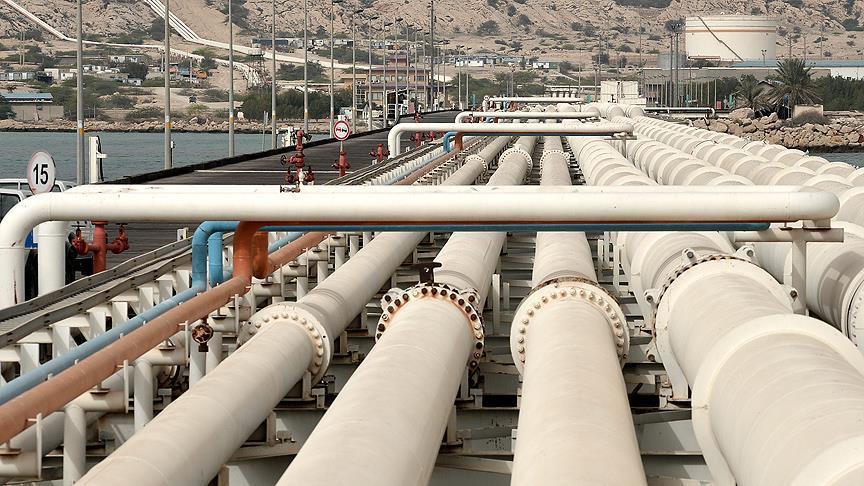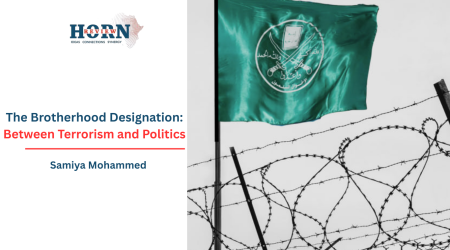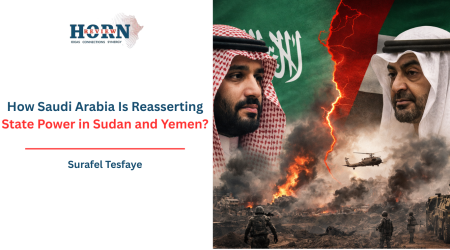
24
Apr
Oil and Power: Analyzing Turkey’s Oil Pact with Somalia
The Horn of Africa has long been a focal point for geopolitical maneuvering and resource extraction, and the recent oil and gas agreement between Somalia and Turkey marks another significant chapter in this complex narrative. Leaked details of the agreement, sourced from within the Turkish Parliament, have brought to light concerns over the fairness of the deal, particularly in light of Somalia’s fragile political and economic context. The implications of this pact, if fully realized, could reverberate far beyond the immediate financial terms, affecting Somalia’s sovereignty, its resource management capacity, and its broader geopolitical standing.
At its core, the agreement grants Turkey an influential role in Somalia’s nascent oil and gas industry, with control extending from exploration to extraction and distribution. While exact figures remain under scrutiny, early reports suggest that the terms heavily favor Turkey, potentially sidelining Somalia from fully benefitting from its own natural wealth. A key area of contention lies in the purported arrangement that allows Turkey to recover a substantial portion of its operational costs before any revenue reaches Somali coffers. This imbalance raises critical questions about the long-term economic viability of such an agreement for Somalia, particularly given the country’s dependence on foreign aid and its struggle to rebuild vital institutions.
The agreement also reportedly includes provisions that empower Turkey to oversee security operations related to the oil and gas projects in Somalia. This raises broader concerns about external influence over Somalia’s security apparatus, a situation that could further erode the country’s sovereignty and complicate its already tenuous political landscape. Furthermore, the stipulation that disputes arising from the contract be settled in Turkish courts has elicited concerns about the impartiality and fairness of the legal process, given Turkey’s vested interests in the outcome. Such arrangements, if substantiated, could undermine Somalia’s autonomy, both economically and politically, by allowing foreign powers to exert disproportionate influence over domestic affairs.
Economically, the ramifications of this deal are profound. Should the terms prove accurate, Somalia’s capacity to leverage its oil and gas resources for its own development could be severely constrained. The possibility of limited financial returns, paired with tax exemptions for the foreign company involved, could stifle Somalia’s long-term growth prospects and deepen its dependency on external actors. The lack of transparency surrounding the agreement, notably the reportedly restricted involvement of Somalia’s parliamentary institutions, further fuels concerns about governance and accountability. In a country where corruption remains a significant challenge, such an opaque deal could exacerbate existing issues and hinder efforts to build a more resilient and self-sufficient economy.
The geopolitical implications of this agreement extend beyond Somalia’s borders. For the United States, which has historically prioritized security, counter terrorism, and the containment of rival powers in the Horn of Africa, this development could complicate existing diplomatic frameworks. U.S. engagement with both the Somali federal government and the self-declared independent region of Somaliland has already created a delicate balancing act. Should Somaliland perceive the terms of the agreement as threatening to its territorial integrity or economic interests, it could heighten tensions within the region and push it further towards alternative alliances, including with external powers such as the U.S. This dynamic could force the U.S. to reassess its position in the region, particularly if the deal undermines Somali unity or emboldens Somaliland’s pursuit of greater international recognition.
In a broader context, this deal underscores the continuing challenges faced by resource-rich, politically fragile nations in the Global South. The negotiations between Somalia and Turkey highlight the vulnerabilities of such countries in the face of powerful foreign actors seeking to secure access to critical resources. This is not merely an economic transaction; it is a reflection of the intricate interplay between resource extraction, political influence, and the struggle for sovereignty in a region marked by historical and contemporary power struggles. If the terms of the deal are as unfavorable as suggested, Somalia’s long-term prospects could be jeopardized, further entrenching the nation in a cycle of dependency and stunted development.
Ultimately, this agreement calls for heightened international scrutiny and a broader dialogue about the principles of fair resource management and economic justice. As Somalia navigates its complex geopolitical and economic landscape, it is essential that the interests of its people are placed at the forefront of any agreements involving its natural wealth. If Somalia is to break free from the legacies of exploitation that have defined much of its history, it will need to ensure that its resources are managed in a manner that promotes national prosperity, stability, and sovereignty.
By Tsegaab Amare,Researcher,Horn Review










